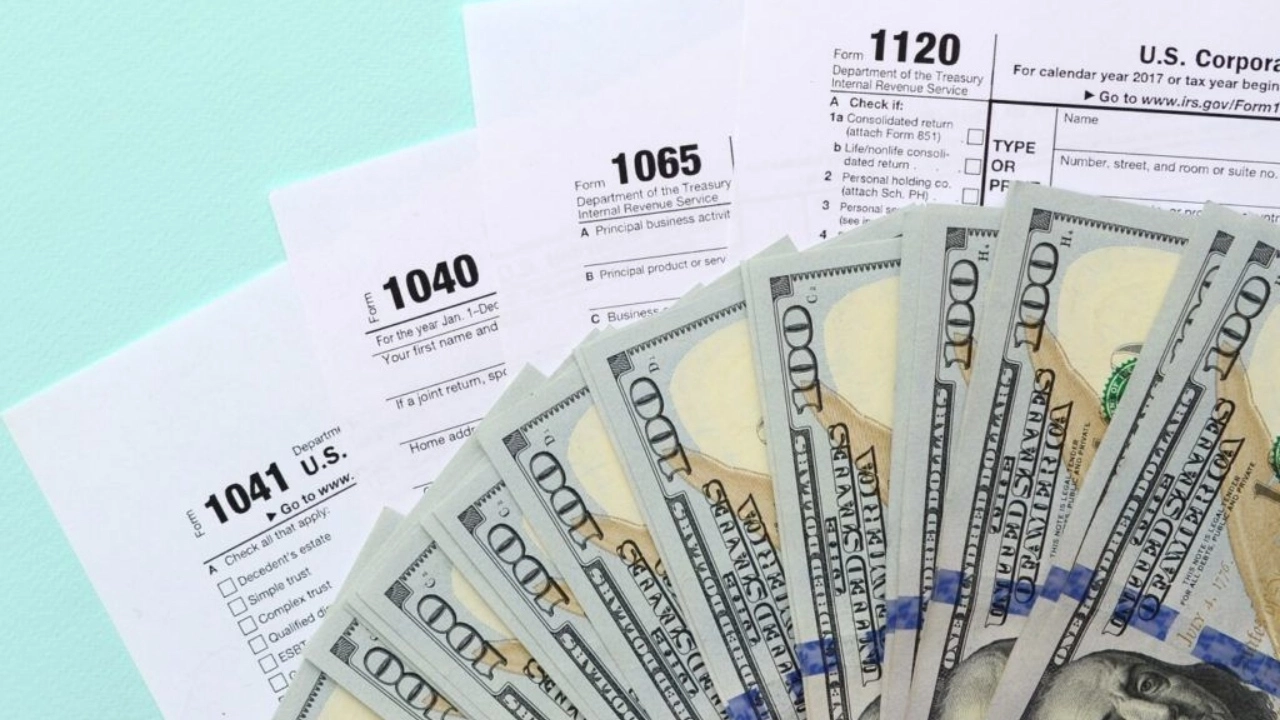(This story was updated to correct the headquarters of Verano Holdings, which is in Chicago, not Florida.)
The U.S. cannabis industry is benefiting from long-desired tax relief now that an increasing number of states – 20 so far – have approved laws that exempt, or “decouple,” businesses from Section 280E of the federal tax code.
This spring, legislators in Connecticut, Illinois, New Jersey and New York passed legislation that will allow cannabis companies to deduct business expenses from their state income taxes, despite those companies remaining illegal under federal law.
The savings could be in the millions for some larger operators, depending on the state’s corporate tax rate.
The state-level exemption does not affect the federal taxes owed by marijuana companies, however, and businesses will still not be allowed to deduct expenses toward those federal income taxes.
Section 280E of the IRS tax code prohibits marijuana businesses from taking traditional business deductions because the plant is listed as a Schedule 1 drug under the federal Controlled Substances Act.
According to the Marijuana Policy Project (MPP), a Washington DC-based advocacy group, 16 states where adult-use cannabis is legal have now passed some type of legislation that decouples companies from 280E.
By contrast, Alaska, Arizona, Maine, Nevada and Washington state haven’t exempted the adult-use cannabis industry from 280E, and Rhode Island’s efforts appear to have stalled in a legislative committee, according to Karen O’Keefe, director of state policies at MPP.
Medical marijuana operators in Arkansas, Hawaii, Louisiana, Maine and Washington DC are also exempt from 280E under state tax law.
O’Keefe told MJBizDaily that when states first started implementing licensed marijuana programs, the industry was perceived as a potential cash cow for tax revenue.
But for the first time ever in 2022, states brought in less total tax revenue than they did the previous year, she said.
“There’s been a wake-up call in the last couple of years," she said, "as it’s become clear in California and some other states that because of the myriad of issues that are largely due to federal prohibition, and in some cases overtaxation and overregulation, that it can actually be really challenging for cannabis businesses - even well-capitalized ones - to be profitable at all."
Realizing that tax rates were unsustainable and that tax revenue could be reduced even further if companies close, legislators are passing exemptions that allow the sector to operate and deduct business expenses just like any other industry.
Benefits vary from state to state
Corporate tax rates are different in each state.
So depending on where companies are operating, they’ll see different benefits from state exemptions from 280E, Matthew Bergman, a Chicago-based certified public accountant and senior partner at accounting and consulting firm CJBS, told MJBizDaily.
In Nevada, for example, there is no corporate tax.
But in Illinois, which decoupled from 280E in May, the corporate tax rate is 9.5% across the board.
“So if you were now allowed to operate under normal circumstances, you could be saving like a third of your tax burden,” he said.
Joshua Hamlet, an associate in tax at New York-based law firm Akerman, warned in an interview with MJBizDaily that states decoupling from 280E present complicated bookkeeping issues because not all states will apply the same rules.
New Jersey, for example, will allow deductions for both corporate business tax and gross income tax. But other states might not allow deductions for both.
Aaron Miles, the chief investment officer at Chicago-based marijuana multistate operator Verano Holdings, told MJBizDaily he welcomes the shift at the state level.
But he said it’s small businesses and social equity licensees that will benefit the most from tax relief.
Verano has been able to leverage its cash flow for growth, Miles said.
But the chances of success for smaller players without access to banking and capital are hurt even further by overtaxation, he noted.
Ballooning federal tax bills
With operations in 13 states, Verano is also paying a high price in both state and federal income taxes, particularly because of 280E.
But part of the MSO's strategy is to pay its state income taxes on time but pay its federal income taxes late because the penalty for doing so is at a lower cost than borrowing money.
Miles said the first credit facility he did with Verano came with a 15.25% interest rate - far more expensive than it would have been in other industries.
“When you defer your taxes and you can keep that balance within 12 to 18 months, the penalties and fees that actually accrue are less than what we’d be able to borrow,” he noted.
This year, Verano will pay roughly $100 million in taxes and will not continue to defer, but the company will be carrying a balance of $250 million in taxes owed.
“While you have this kind of glaring income tax payable line item," Miles said, in reality we’re saving money by going down this path.”
If the prime lending rate - currently at 8.25% - came down, the strategy could change, he added.
But the bigger change industry watchers are hoping for is at the federal level.
The cannabis industry paid an estimated $1.8 billion more in federal taxes than non-cannabis businesses in 2022, according to an analysis by Oregon-based Whitney Economics.
That number is expected to grow to $2.1 billion this year.
Industry insiders and investors are closely watching for any sign of progress from President Joe Biden’s administration, which announced it would review and possibly deschedule or reschedule marijuana.
“We certainly think that cannabis should just be descheduled,” O’Keefe said.
“But if he is going to reschedule, it’s very important that he does it to (Schedule) 3 or lower - not 1 or 2 - because if it was just rescheduled to 2, it wouldn’t fix 280E.”
Kate Robertson can be reached at kate.robertson@mjbizdaily.com.





